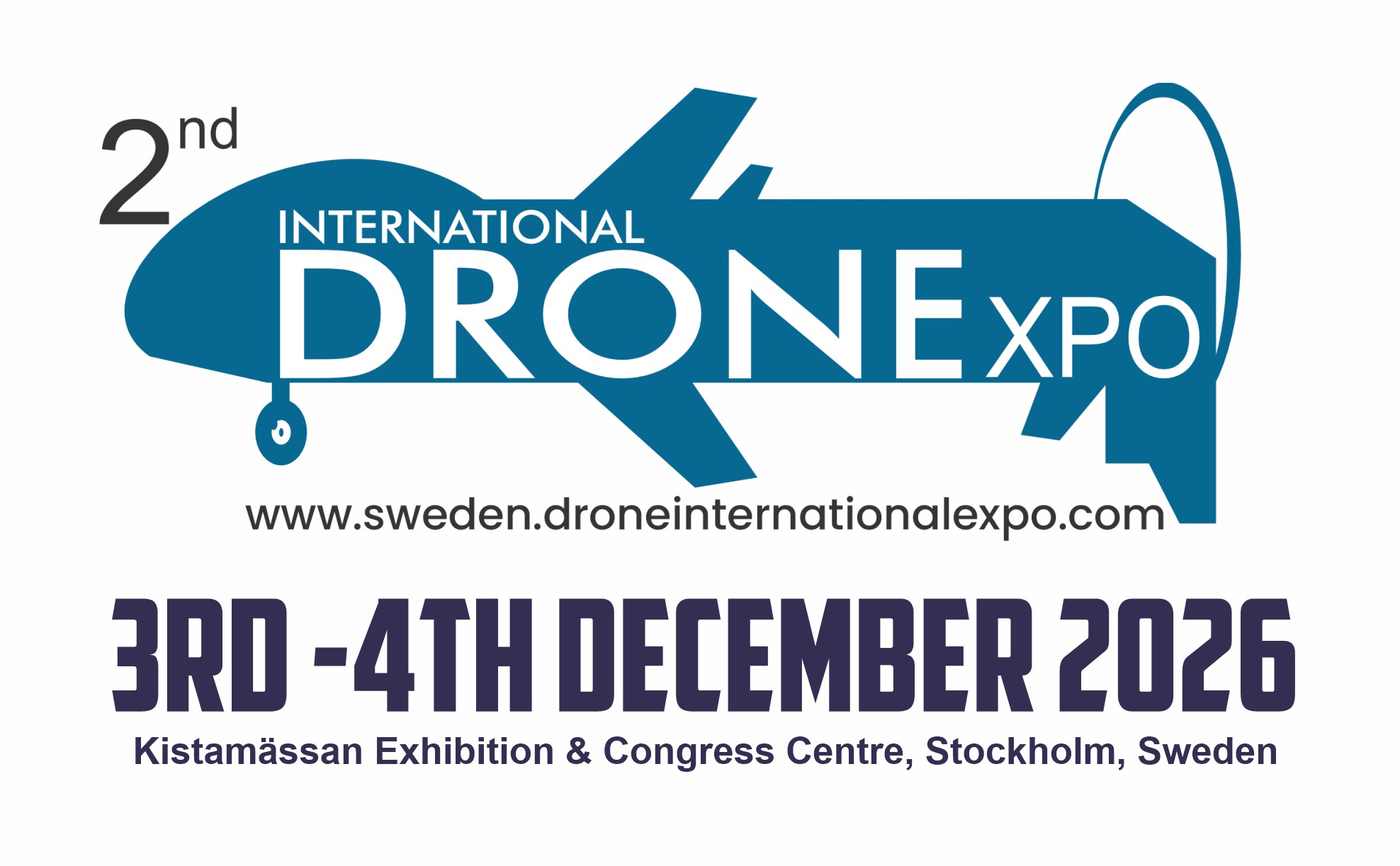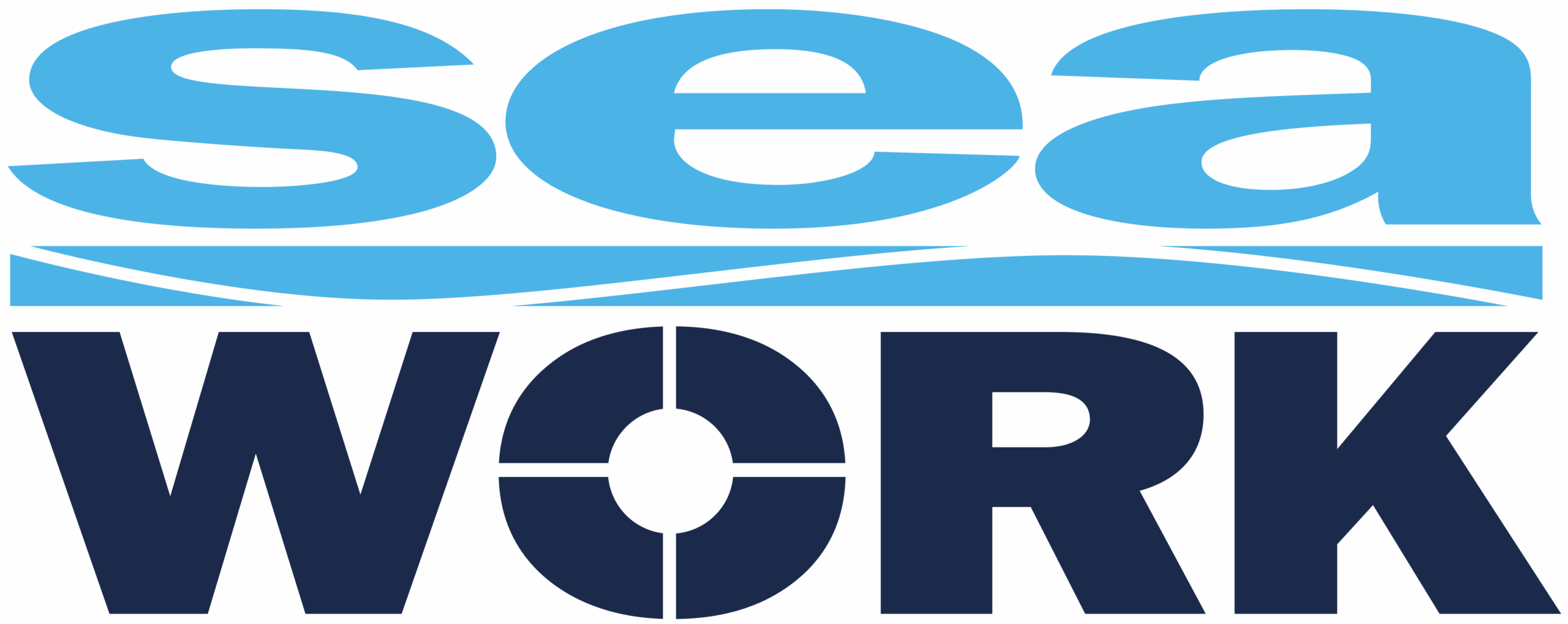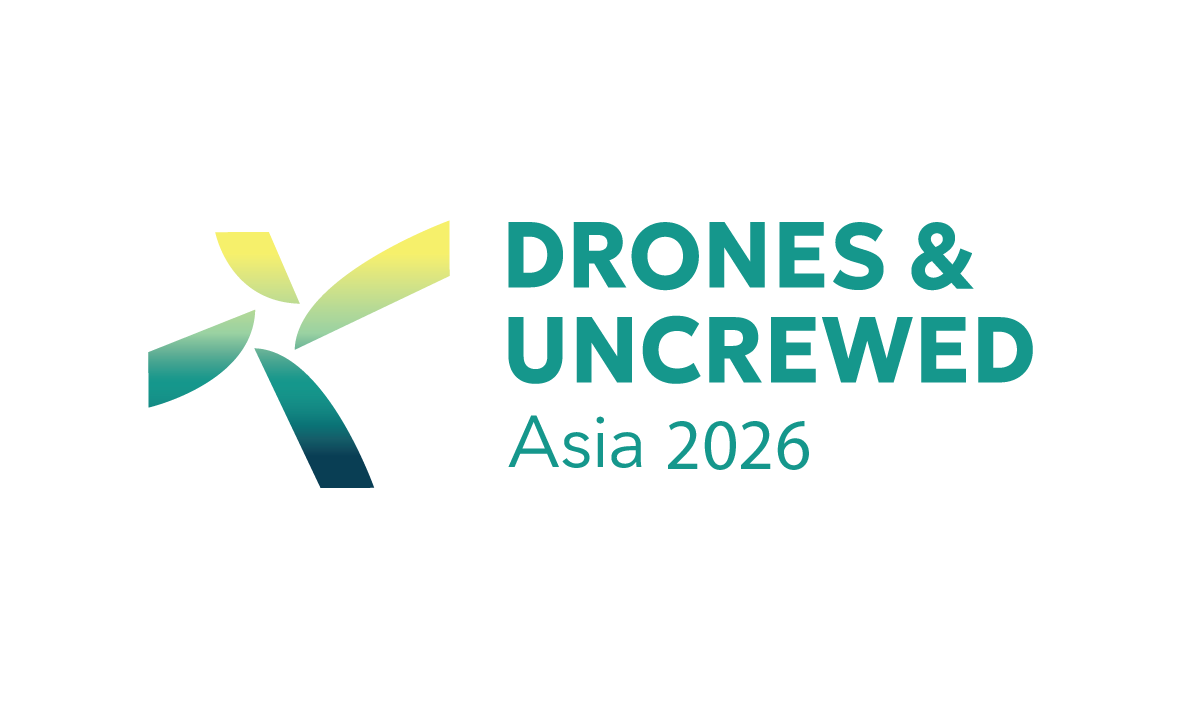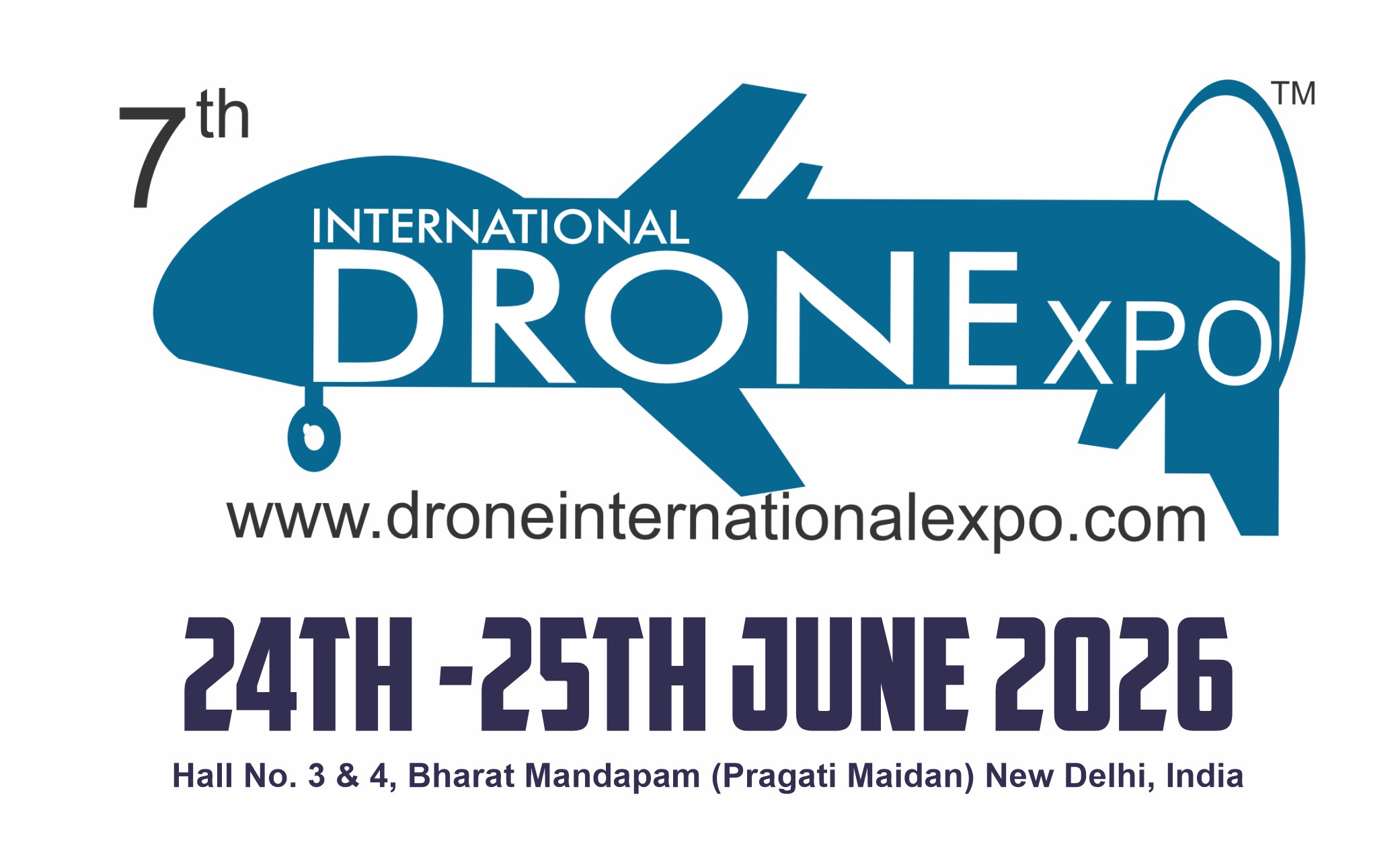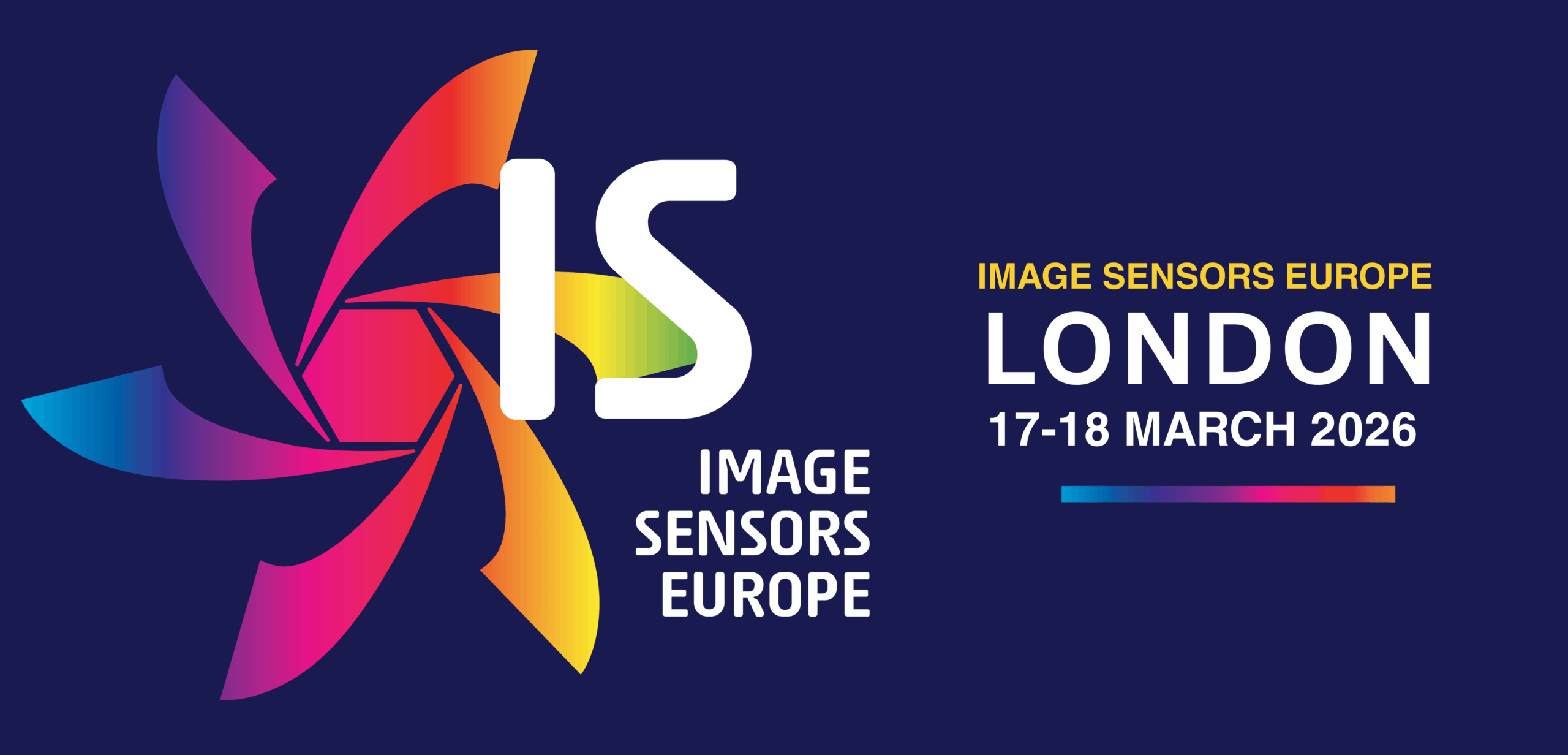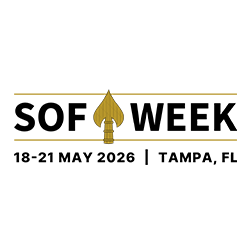Energy optimisation for UAV swarms
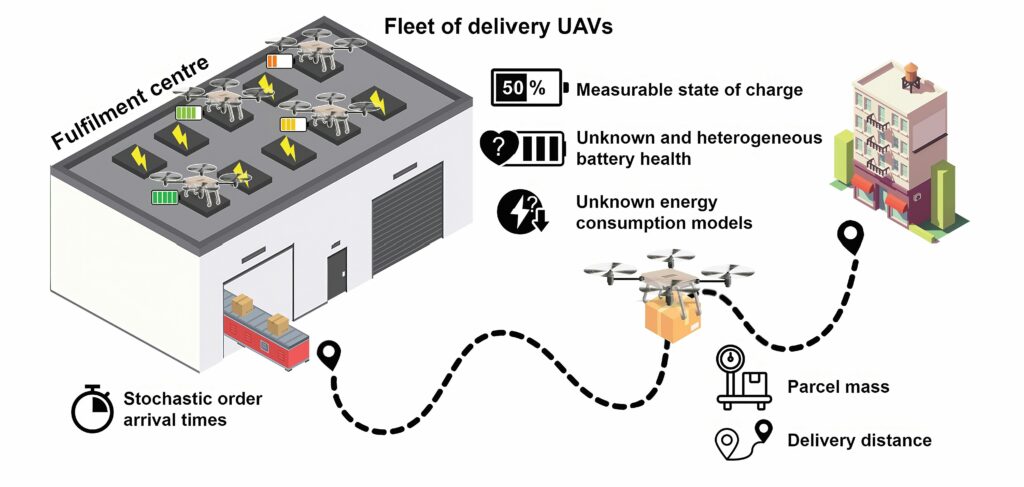
(Image courtesy of TU Darmstadt)
Researchers in Europe have developed a decentralised auction-based system for the energy management of swarms of delivery uncrewed aerial vehicles (UAVs) that has shown some counterintuitive results, writes Nick Flaherty.
The researchers, led by Prof Roderich Groß from the Department of Computer Science at TU Darmstadt as part of the OpenSwarm project, have proposed a decentralised deployment strategy that combines auction-based task allocation with online learning.
Each UAV independently decides whether to bid for orders based on its energy storage charge level, the parcel mass, and delivery distance, together with its level of confidence. Over time, it refines its policy to bid only for orders within its capability without requiring data on the state of health of the battery system.
Simulations using realistic UAV energy models showed, counter-intuitively, that assigning orders to the least confident bidders reduced delivery times and increased the number of successfully fulfilled orders.

Testing the method in a specially developed multi-agent simulator showed the strategy outperformed threshold-based methods that require UAVs to exceed specific charge levels at deployment.
The team also tested out a variant of the strategy that uses learned policies for forecasting, which enables UAVs with insufficient charge levels to commit to fulfilling orders at specific future times, helping to prioritise early orders.
This provides new insights into long-term deployment of UAV swarms, achieving significantly higher delivery rates and shorter delivery times compared with conventional threshold-based strategies.
“This work shows how online learning can help robots cope with real-world challenges, such as operating without full knowledge of their true capabilities,” said Dr Mohamed Talamali from the University of Sheffield (UK).
The approach can also be used to efficiently manage heterogeneous fleets with different types of UAVs that might have different manufacturing tolerances or individual wear and tear.
OpenSwarm is led by Inria of France with Analog Devices in Ireland, IMEC in Belgium and Wattson Elements in France, together with Siemens and Ingeniarius in Portugal. University partners include KU Leuven and the University of Sheffield in the UK, which worked with Darmstadt on the bidding system.
UPCOMING EVENTS

